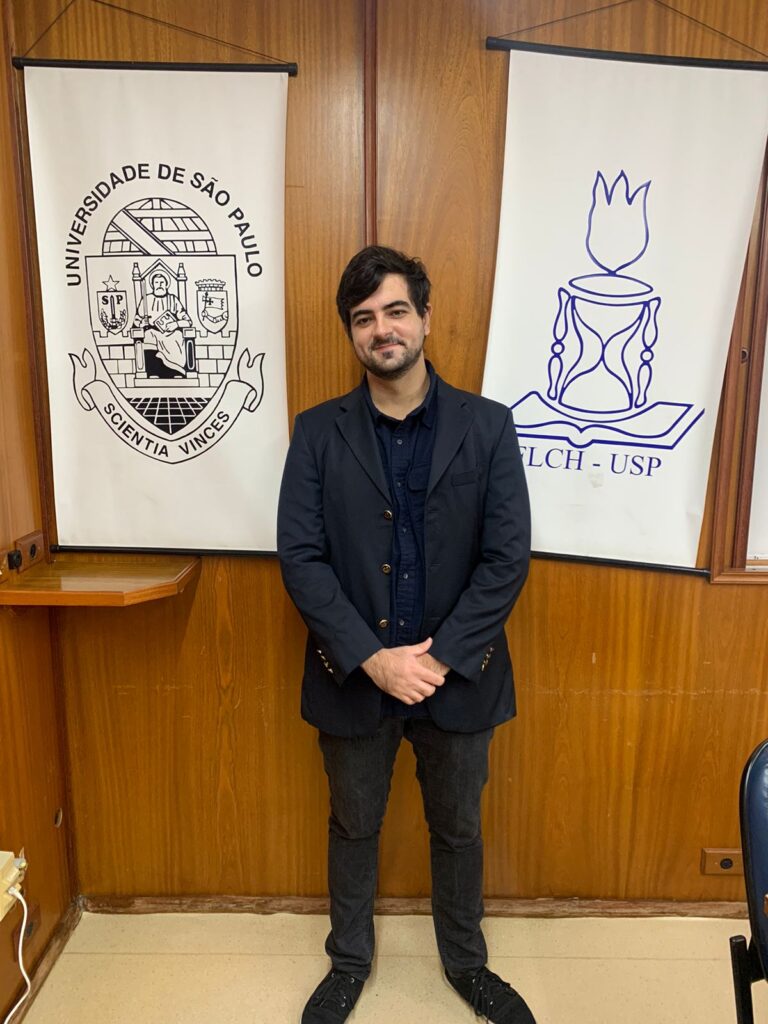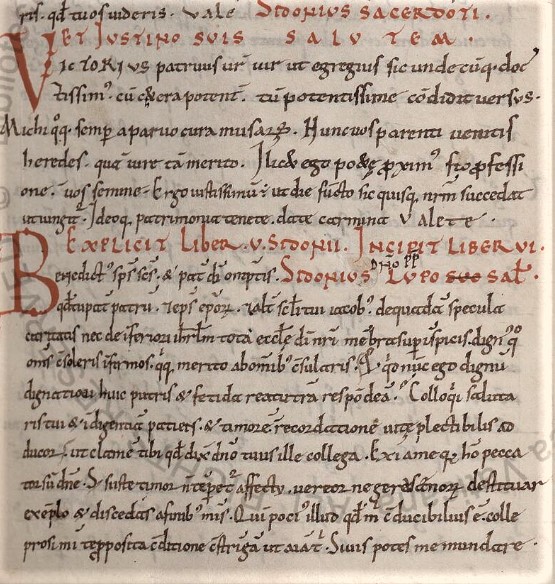Pedro Benedetti took his doctorate at the University of São Paulo with a thesis on the relations between the Roman provincial populations and the barbarians in 4th- and 5th-century Gaul: ‘As relações entre as populações provinciais romanas e os bárbaros nas Gálias dos séculos IV e V (c. 350–475 d.C.)’.
It can be found in the repository of the USP.
The author explains: ‘In the 4th chapter, I discuss Sidonius’ use of frontier terminology relating to the Gothic presence in Aquitania to argue that, although scholars debate the precise date when we can talk about a “Visigothic Kingdom”, his perception of the nature of the Gothic domain varied according to his own judgement of the kings’ loyalty to the “federate” treaty. In the 5th chapter, I argue that Sidonius’ depiction of the sieges of Clermont as a clash between the freedom of the Roman life and the servitude under barbarian rule mirrors the accounts of 4th-century sieges of Gallic cities and, although we can see some continuity in the way the urban resistance is mobilized, the context of 5th-century Auvergne is very different.’
Benedetti is currently working on an article on popular and subaltern experiences in Sidonius’ letters. Email address: benedetti190 AT hotmail.com.






